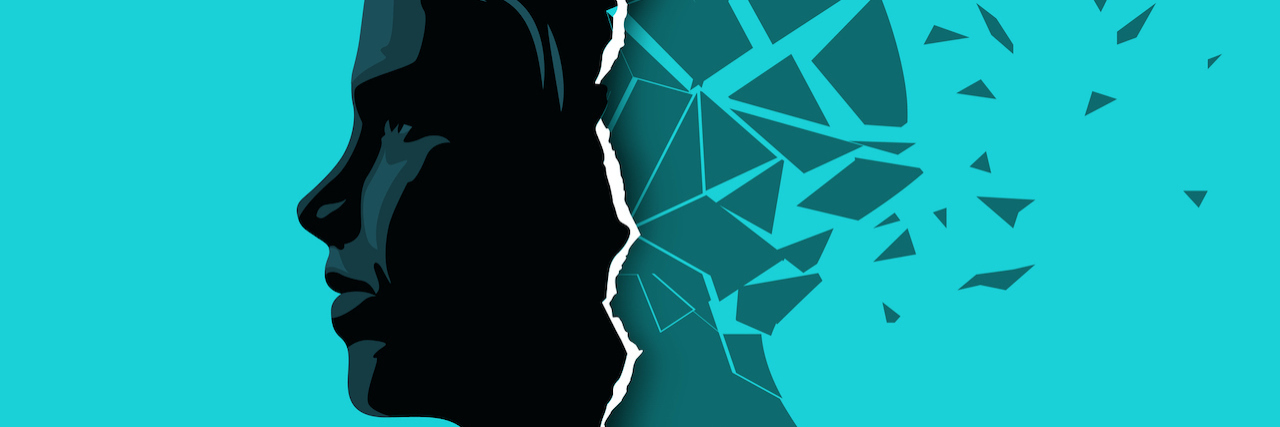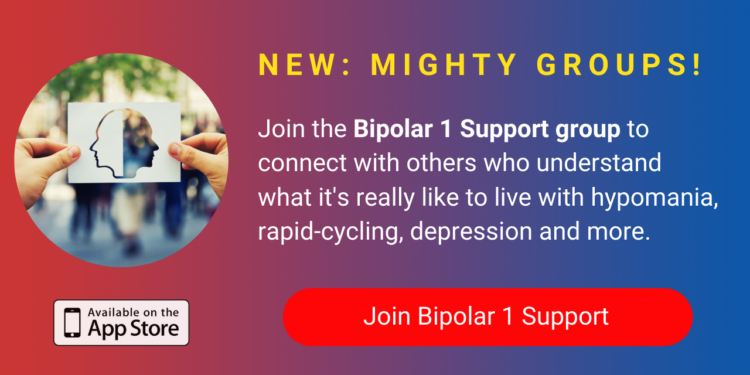When I was a kid I had seizures. I developed a fear of lights and sounds. I’m lucky to not have seizures anymore, but I still have some of those fears. Lights and sounds and different environments will make me anxious all by themselves without anything to actually be afraid of.
Most people who meet me in real life assume I’m slow. Some people are shocked that I talk. I’m clumsy enough that I get scolded in public. I commonly get belittled. This developed into social anxiety.
Especially concerning employment. I was worried in interviews. The fact that I was shaking would cost me the interview. As I worked my way up the chain I only got more anxious and more anxious about losing jobs.
Besides employment, it was costing me dates out. I was too scared to call my friends. It got to the point I was nervous in front of everybody.
Eventually it all generalized. After I had a major breakdown, there it was all on paper in front of me. I had generalized anxiety disorder.
It took me about five years, but I eventually got rid of the diagnosis of generalized anxiety disorder. That’s not to say that I don’t have anxiety. That is to say that it doesn’t control my life. That it doesn’t ruin my day, every day. It’s not enough of a problem that it causes me bigger problems in my life. Therefore, it is not a diagnosis now.
I had some good doctors and great friends in a 12-step group. Here are some of the things they taught me.
First, I needed a relaxation technique. A way to calm down.
I found a relaxation technique out on the net. Try a few. I like to start with my head and work my way down. Some people like to start with their hands. Once you find one you like, I’d recommend doing it at least a few times a week. Once a day is best. I like to do it when I settle in for the evening.
Choose a keyword. I used the word “calm because that way I’m not using my keyword while I’m talking about relaxing. Although you can choose any word or phrase that you please. Say that word slowly over and over and over while you’re doing your relaxation technique.
In a few weeks, I trained my body. Then when I get anxious or have a panic attack — especially in public — my body automatically starts doing the relaxation technique. In just a few months I made progress.
This is the same relaxation technique I have used to control my anger and in general whenever I’m worked up.
Another quick way that I use is called grounding techniques. By answering these questions, I get a clear view of where I’m at.
What are five things I see?
What are four things I hear?
What are three things I smell?
What are two things I touch?
What is one thing I taste?
After I have a clear view of where I’m at, I can consider the situation. It might be that there is a light, sound, smell or sensation making me anxious by irritating me or “poking” me. Autism and anxiety share overstimulation. So this is a big one for me.
Also I have found with overstimulation, I can counter it by using an opposite feeling with another one of my other senses. Like washing my face or getting some fresh air can help me deal with lights and sounds or anxious environments. At worst I must remove myself from the hostile environment.
After I have calmed down and am comfortable in my environment, then I can address the problem.
The first thing is to figure out what exactly I’m worried about. There is no way to stop worrying until I figure the problem out.
The next thing is to figure out whether it is going to happen. Might happen? Is it only possible it’s going to happen?
There are so many more things that I worry about than what could happen. There are so many more things that could happen than what does happen. It’s a little tiny minority of things that I worry about that do happen.
The next thing to figure out is how important it is. If it’s not going to cost me money or cause me a problem, is it really important? If it’s not going to affect my emotional well-being, is it really important? If it’s not going to change my life or my daily routine, is it really important?
Finally, I have to figure out what I’m going to do about it.
If that’s nothing, then there’s nothing to worry about. Once I have figured out what I’m going to do I can quit worrying about it until such time as I need to do that. If I can do it right then I’m done. If it’s not till tomorrow I don’t need to waste my whole day worrying about it.
Once I learned how to get a hold of myself, I started looking at the bigger picture.
Anxiety is a form of fear. So I had to learn to live without fair. What happens happens. I know that’s not easy.
The opposite of fear is faith, so if I wanted to have less anxiety I had to have more faith. What really helped me the most with anxiety is horizontal faith.
Horizontal faith is faith in yourself, the people, the places and the things around you. I’m not talking about vertical faith or faith in God or a higher power. That’s a whole other topic and is beyond the scope of this writing.
For example, I have faith that my car won’t break down tomorrow. That’s not to say it won’t. I’m just going to believe that it won’t. If it does break down I have faith that I can get it fixed. If I can’t get it fixed I have faith that I know somebody else who can fix it. If it turns out I don’t know anybody, I have faith I can find another way around.
As things worried me I started having faith that I could figure out a solution to them. It was one thing at a time. When I found something that worried me on our regular basis I started having faith that it would be OK or I could fix that. I just did this over and over again until I started getting it right and then I started having faith in more things.
As turns out I usually can fix my own problems. If I would have just believed that more the past. That gave me more confidence and faith in myself. I gained more confidence in people as I went along which gave me more faith. For example, my doctors helping me gave me more faith I could take care of my health problems both physical and mental. Worse would come to worse but I almost always found a different solution. I just needed to believe it.
There is not a solution to every problem. Although if it turns out that there isn’t a solution then at least I haven’t worried myself to death.
Eventually I learned not to act on my anxious thoughts. I began to see which ones are things I am just worried about or scared of. I don’t have to do anything about those thoughts. I can just have them. It’s certainly better than acting on them. I can just have these feelings and be shaky. I’m not going to do anything unreasonable.
Again, I still have anxiety. Some problems are worth worrying about. Sometimes it just happens anyways. I am just not letting it control my life.
All this didn’t happen overnight. It was quite a lot of work. I couldn’t just beat myself up because I failed. I had to give myself a break and stay with it. Again this took me five years.
I had a 12-step program hold my hand. You can have a therapist or a counselor of any kind hold your hand. It’s so hard to do alone.
I wish you many worry-free days.
Getty image via solarseven


